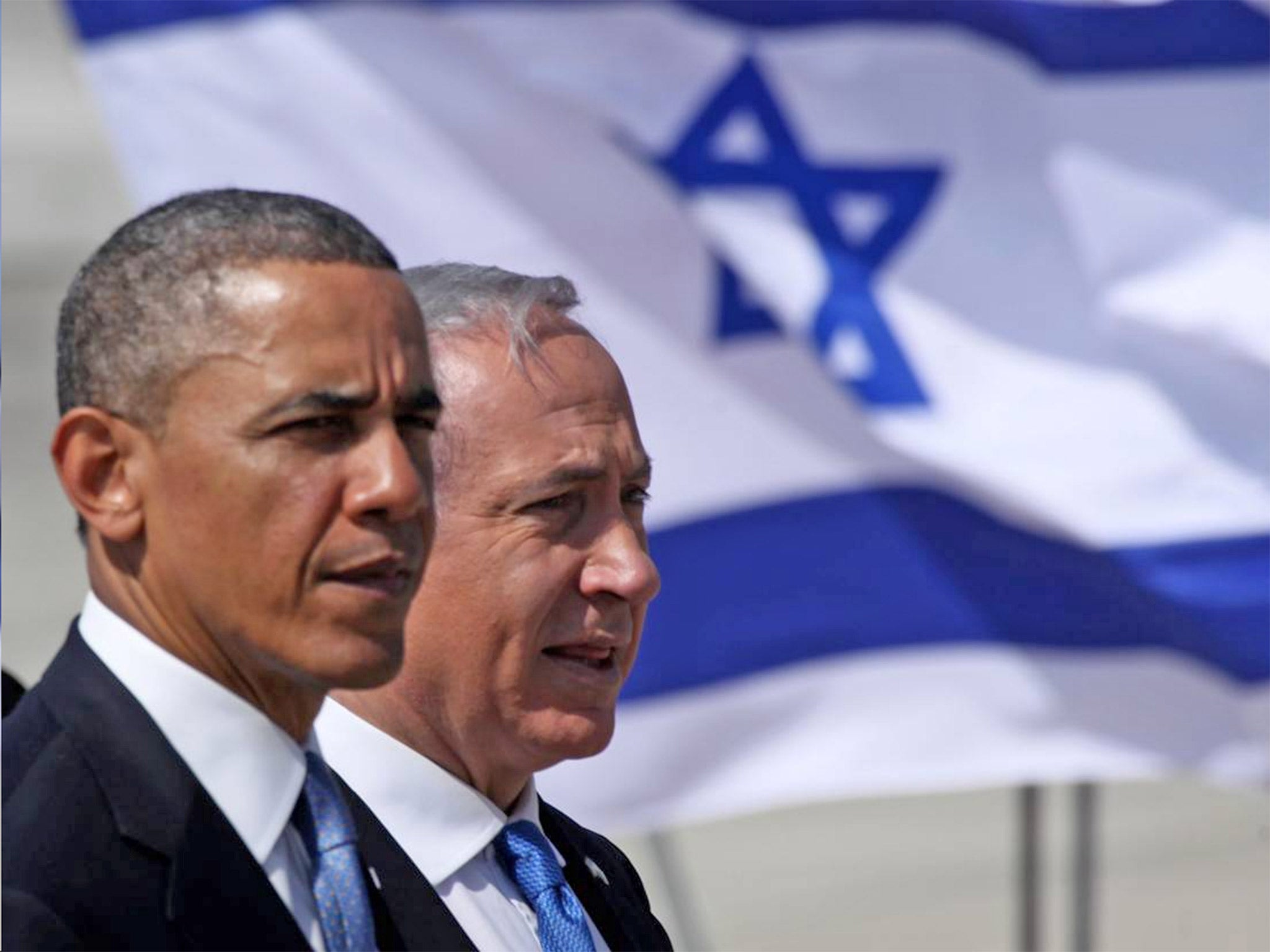Gaza, a year on from Operation Protective Edge: As Israel's relationship with the US deteriorates, has international opinion turned against the Jewish state?
In the final part of our series marking a year since the war, Alistair Dawber examines the global response to Israel's policies on settlements and blockade

Among Israeli diplomats there is a joke laced with much truth. It lists Israel’s three most important international relationships: the United States, the United States and the United States.
In recent years that doctrine has been tested. Not only is the rapport between Barack Obama and Benjamin Netanyahu stuck in the deep freeze, US support for recognising a Palestinian state is growing. Last month, in a move that a few years ago might have been considered unheard of, a State Department official appeared to suggest that “Israeli territories”, for which one should read West Bank settlements, could be treated differently in terms of US diplomacy.
And in Europe, too, while many dismiss the hardline rejectionism of the Boycott, Divest and Sanctions campaign, the EU is urging the labelling of products made in the Israeli settlements. And a host of parliaments, including Westminster, have voted in favour of recognising a Palestinian state in the past year.
Just two years ago, when asked whether apartheid was an appropriate label in the context of the Israeli-Palestinian conflict, a senior EU diplomat based in Jerusalem told The Independent: “Look at the definition of apartheid... It’s impossible not to think Israel applies it here.”
In pictures: 2014 Israel-Gaza protest in London
Show all 12Last month, Mr Obama signed into law the US Trade Promotion Authority Bill, which called on US trade representatives to discourage Europe from “boycotting Israel or persons doing business in Israel or Israeli-controlled territories”. Asked about the provision, the US administration appeared to backtrack almost immediately.
John Kirby, a State Department spokesman, said that while the US strongly opposed BDS campaigns, “by conflating Israel and ‘Israeli-controlled territories’, a provision of the Trade Promotion Authority legislation runs counter to long-standing US policy towards the occupied territories, including with regard to settlement activity”.
Several Jewish writers interpreted Mr Kirby’s words as an attack on settlements and that the US was aligning itself with states who appear tired of publicly backing Israel in its hostilities with groups such as Hamas, and then see it build more settlements in contravention of international law.
An editorial in the left-leaning Israeli newspaper, Haaretz, said that the US move was a decisive moment. “The message makes it clear to the settlers and to Israeli producers in the territories that the world markets are closing off to their goods, and that these business people had better give profound consideration to their continued investments in the settlements.”
But what is behind the change? There was wholesale support in Washington, London and elsewhere for Israel’s actions during last summer’s war in Gaza. Similarly, in official circles at least, there has been a lack of support for Palestine’s membership of the International Criminal Court, which could lead to Israeli troops being tried for war crimes for actions in the occupied territories.
When the UK parliament overwhelmingly backed recognising Palestine in October, Sir Edward Leigh, a Conservative grandee and long-time supporter of Israel, said in the debate: “I know we will be accused of making a gesture today… Virtually everybody who has spoken – not just lefties waving placards, but virtually every Conservative MP – has said that now is the time to recognise the justice of the Palestinians’ case.”
Yet Gaza is blockaded, Israel continues to expand its settlements and Mr Netanyahu said in March’s general election campaign that there would be no Palestinian state on his watch. He has been backtracking since, but there are no meaningful negotiations and no evidence that a viable Palestinian state is likely soon.
There have been many presumed turning points in the Arab-Israeli conflict, but even some of those on the Israeli right are concerned by what appears to be an ebbing of international support.
“When I hear the lies against Israel, the presumption is that it comes from ignorance,” said Yoaz Hendel, chairman of the Institute for Zionist Strategies and a former communications director for Mr Netanyahu. “But that becomes a threat. Young people believe it and even though these lies – that we are like the Nazis, that we poison the Palestinian leadership, that we commit genocide – are wrong, they have influence.”
But Mr Hendel does not believe the current wave of criticism will change Israel’s policies. “Netanyahu has been punished because he is one of the only leaders on the right to have seriously called for a Palestinian state, and then he’s attacked for not being serious enough. Right now, with Hamas in Gaza and Fatah in the West Bank, the very idea of a two-state solution? It’s absurd.”
Subscribe to Independent Premium to bookmark this article
Want to bookmark your favourite articles and stories to read or reference later? Start your Independent Premium subscription today.

Join our commenting forum
Join thought-provoking conversations, follow other Independent readers and see their replies